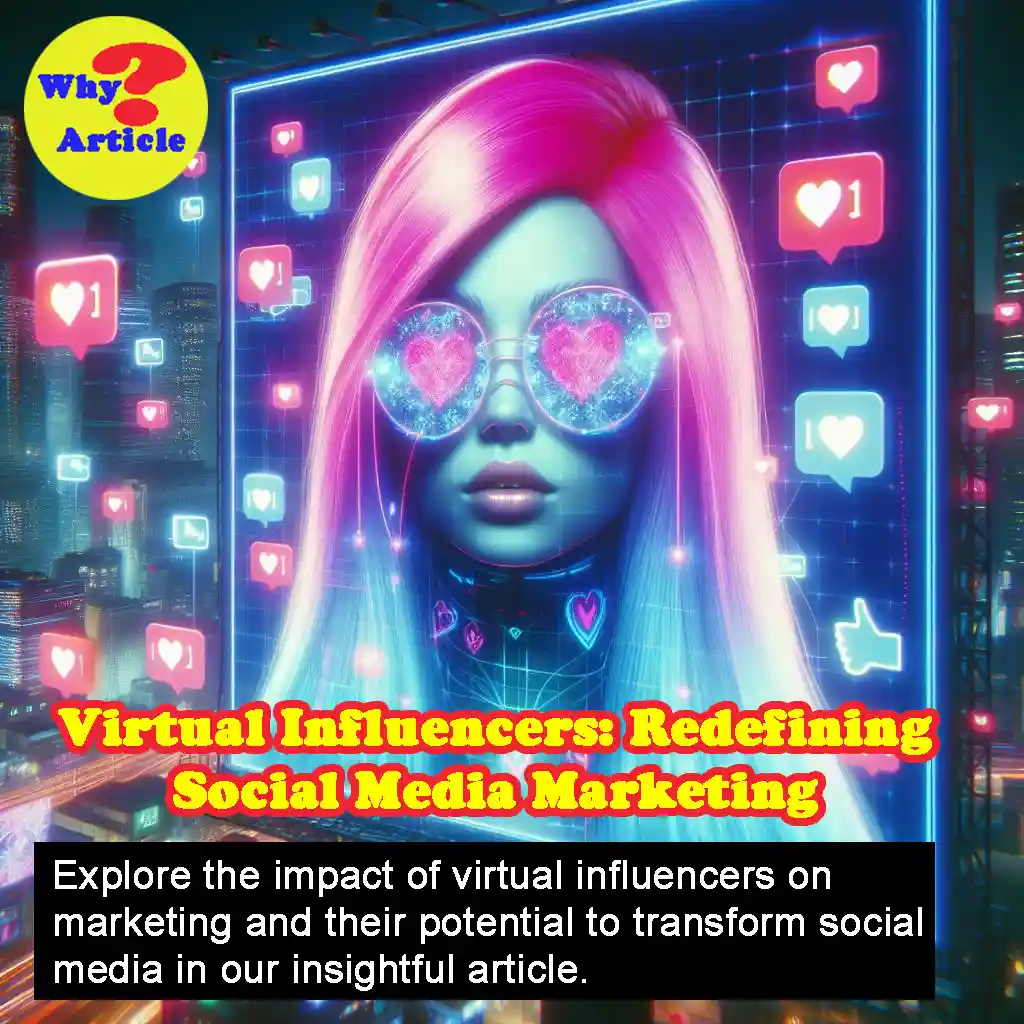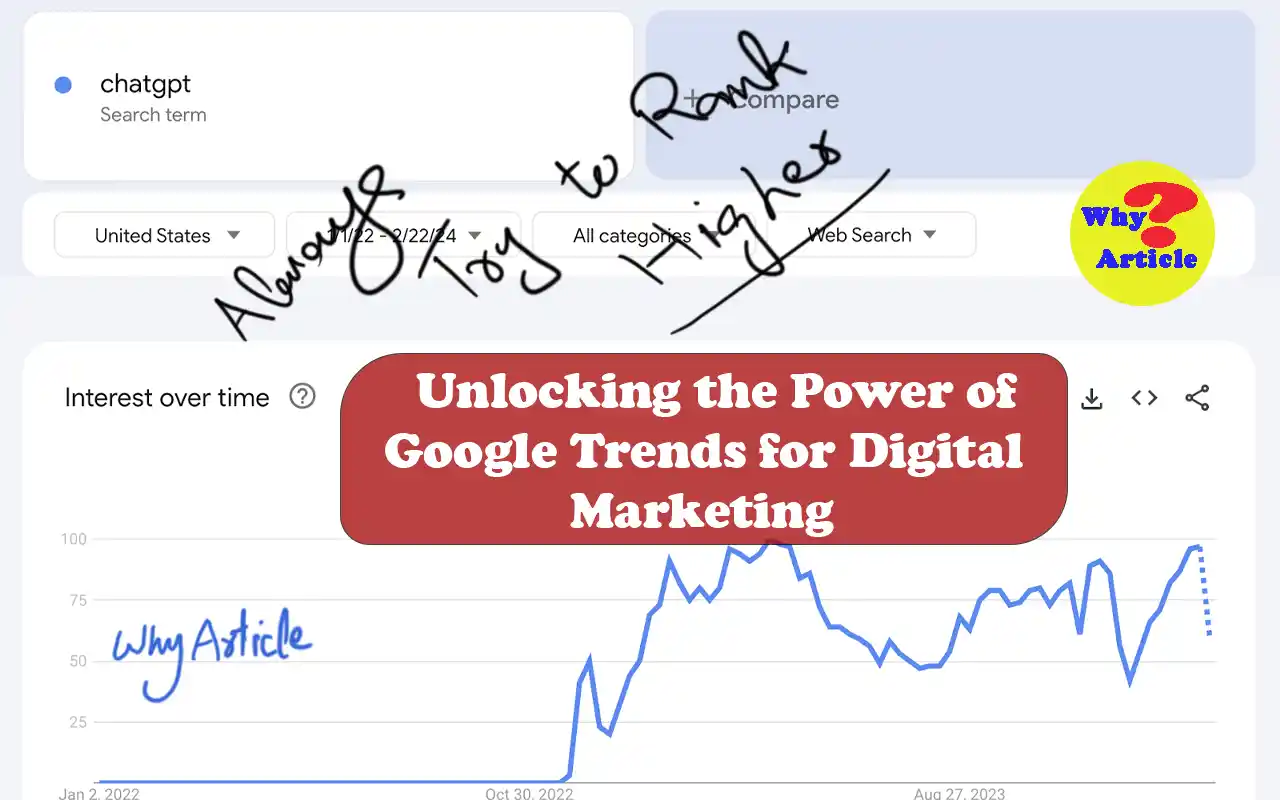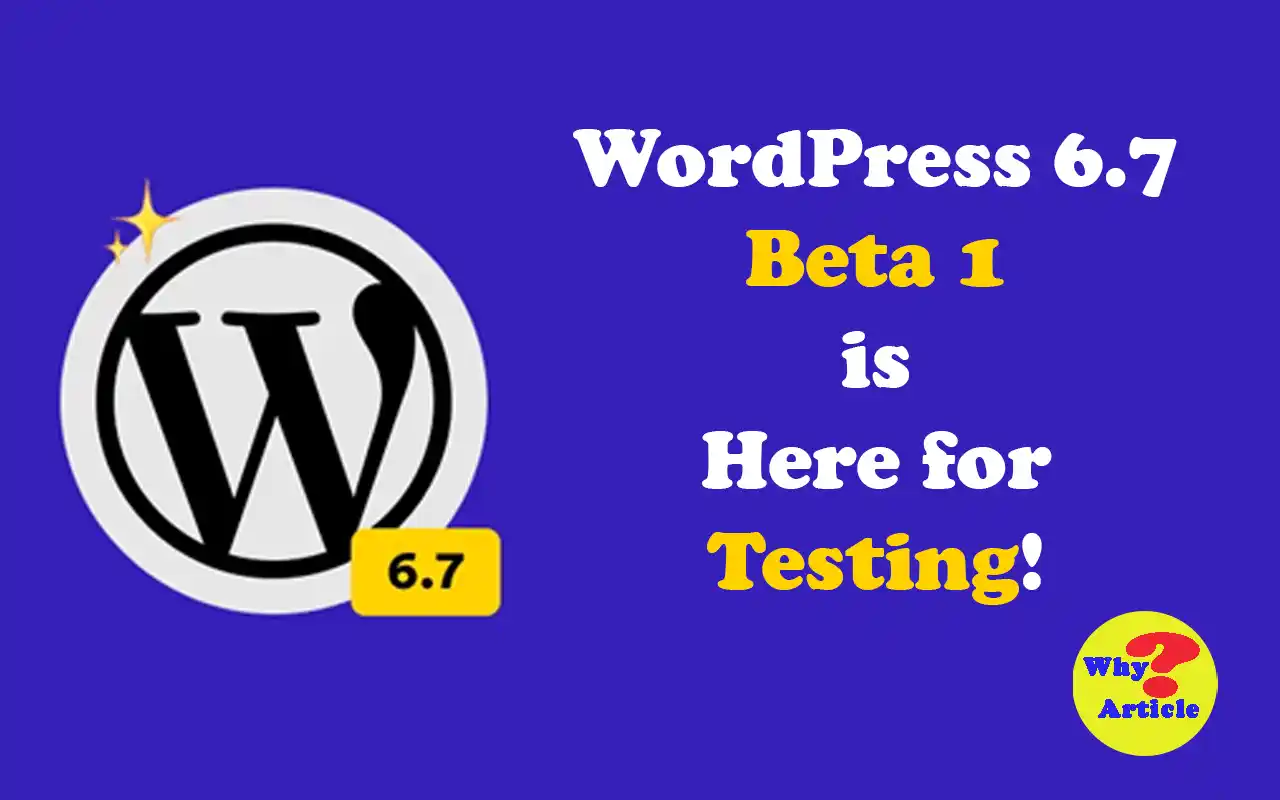In the ever-evolving landscape of social media marketing, a new phenomenon has emerged – virtual influencers. These digital avatars, crafted by skilled artists, are blurring the lines between reality and fantasy, captivating audiences with their distinct personas.
This article delves into the rise of virtual influencers, their impact on marketing strategies, and their potential to reshape the future of social media influence.
The Birth of Virtual Influencers
Virtual influencers began as a niche concept but have rapidly gained traction in recent years.
Early pioneers like Lil Miquela and Shudu captivated audiences with their stunning visuals and curated online personas.
As technology advanced, these digital beings evolved, incorporating lifelike animations and AI-driven interactions, further enhancing their appeal.
The Appeal of Virtual Influencers
What sets virtual influencers apart is their ability to embody aspirational ideals without the constraints of reality.
They seamlessly transition between personas, styles, and brand partnerships, offering a level of versatility unmatched by traditional influencers.
The Impact on Social Media Marketing
For brands, virtual influencers represent a novel approach to social media advertising.
Their digital nature allows for innovative storytelling and immersive brand experiences, enabling marketers to connect with audiences in new ways.
Challenges and Controversies
Despite their popularity, virtual influencers face criticism regarding their authenticity and potential to perpetuate harmful stereotypes.
Skeptics question the genuine human connection they offer, highlighting concerns about unrealistic beauty standards.
The Future of Virtual Influencers
As technology progresses, we can anticipate even more advanced virtual influencers entering the scene.
From AI-driven interactions to immersive experiences, the possibilities for these digital avatars are limitless, shaping the future of social media marketing.
Conclusion
The rise of virtual influencers signifies a paradigm shift in social media marketing. While challenges persist, their growing popularity underscores their potential to redefine influence, authenticity, and storytelling in the digital age.
As we navigate this evolving landscape, virtual influencers are poised to remain a prominent force in shaping the future of marketing strategies.
No, virtual influencers are digital avatars created by artists and designers.
Yes, virtual influencers utilize AI-driven interactions to engage with audiences on social media platforms.
Yes, virtual influencers offer brands a fresh and innovative approach to social media advertising, complementing traditional influencer marketing strategies.
Yes, critics raise concerns about the authenticity of virtual influencers and their potential to perpetuate unrealistic beauty standards.
As technology advances, we can expect to see even more sophisticated virtual influencers, shaping the future of social media marketing.





Your point of view caught my eye and was very interesting. Thanks. I have a question for you.
Can you be more specific about the content of your article? After reading it, I still have some doubts. Hope you can help me.